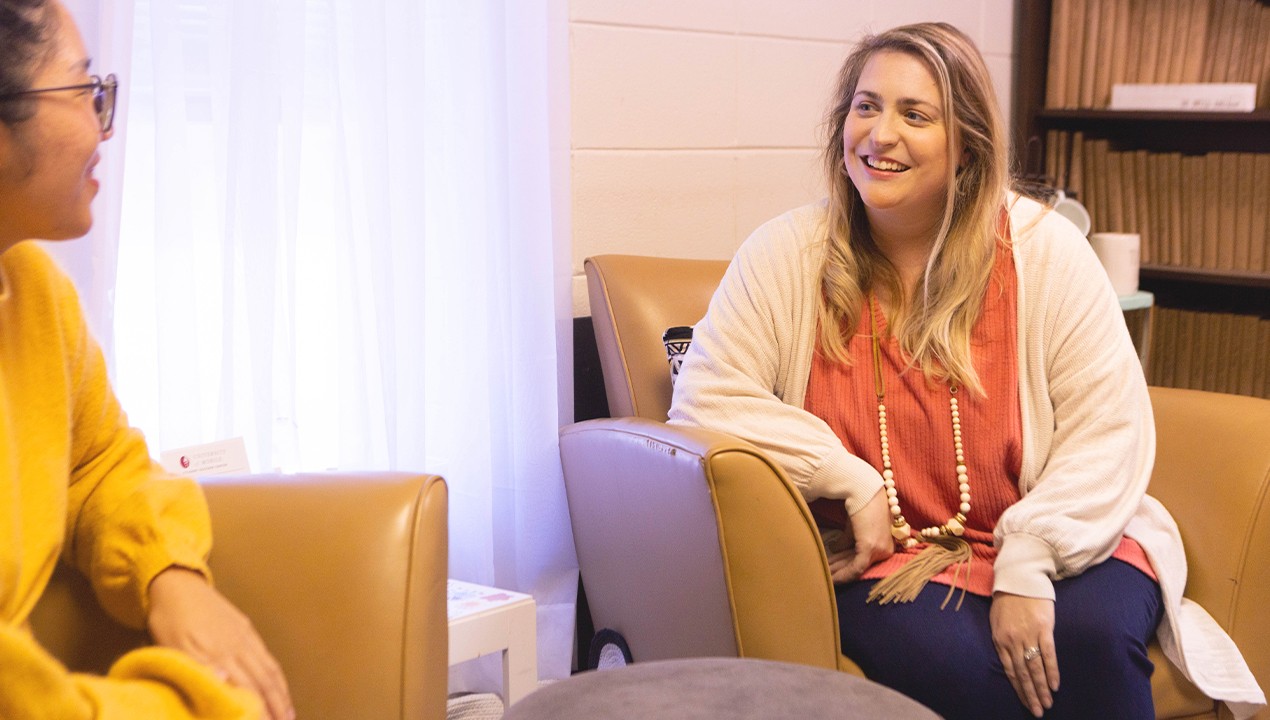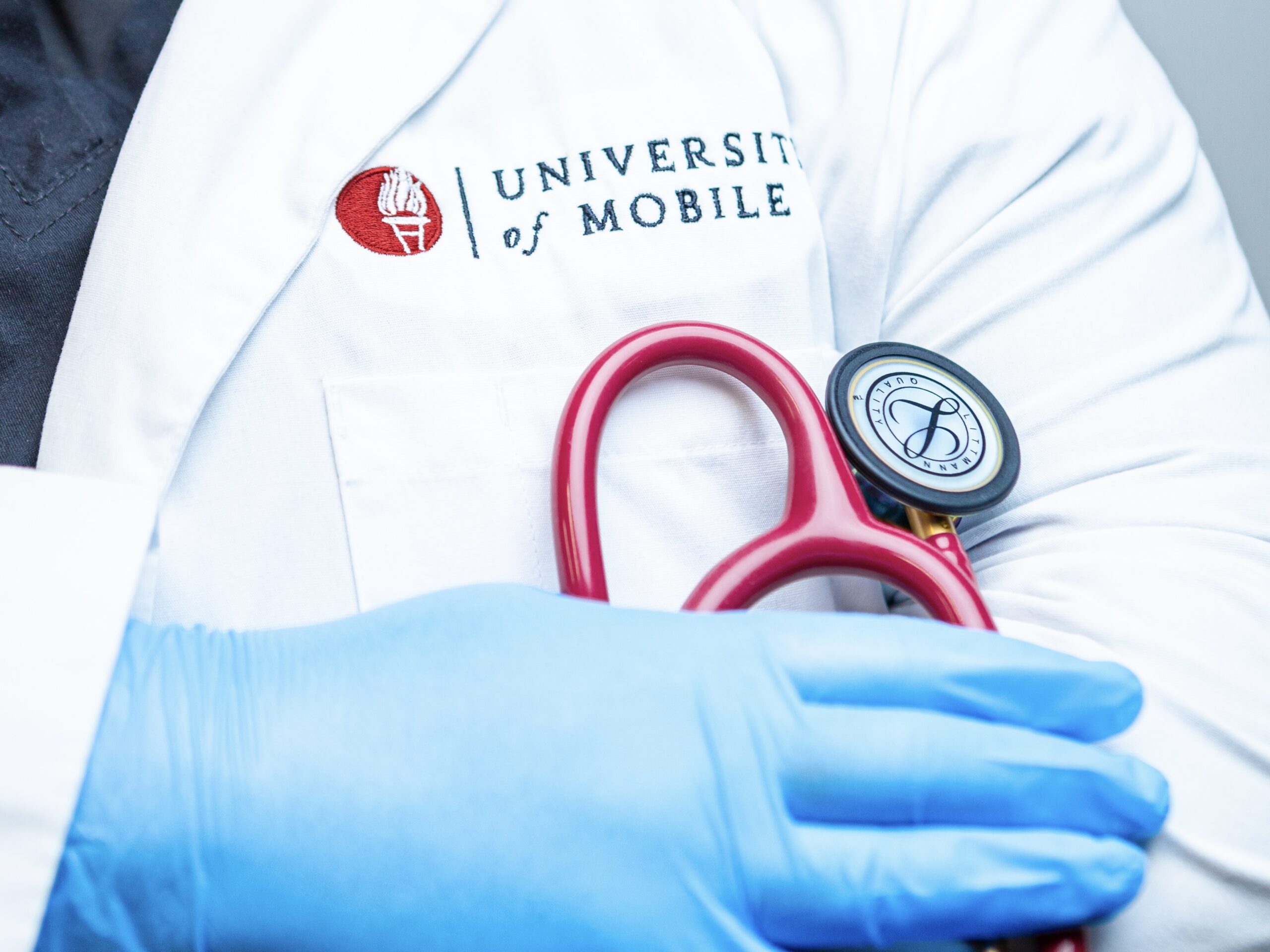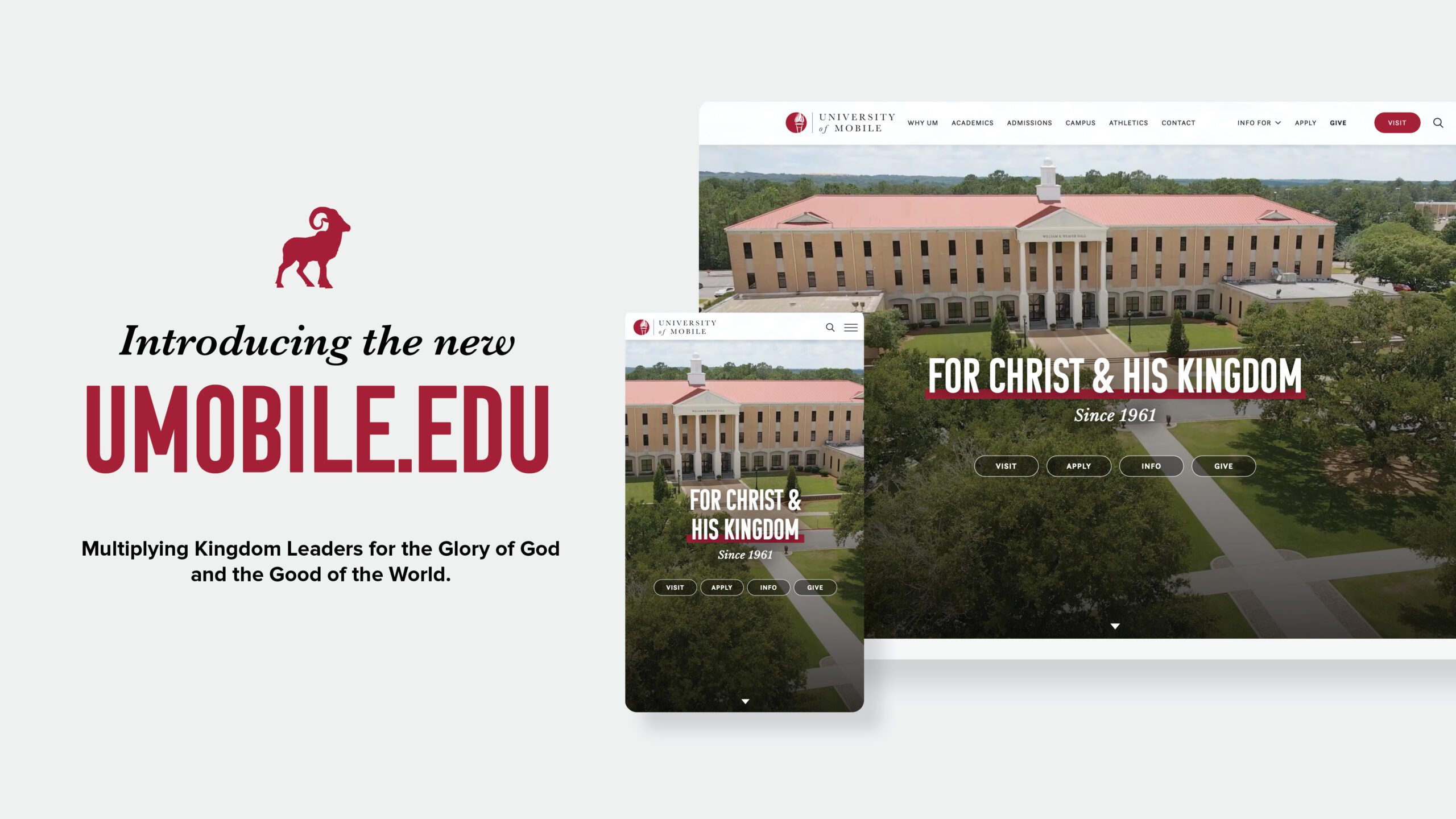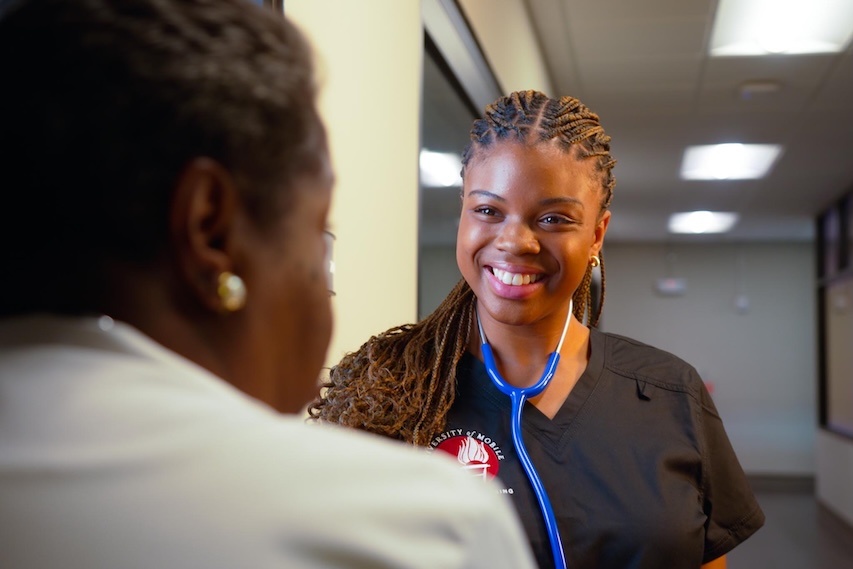Trying to Juggle It All

The alarm goes off at 5:30 a.m. and you need to get ready for practice. You have a full day of classes ahead of you, then grab a quick lunch to bring with you to chapel or you won’t get to eat, then workouts, a phone call from your parents, a text message from a friend back home who is struggling. Maybe you try to take a break on Tik Tok for a few minutes or watch a show on Netflix, but then get back to whatever homework you can manage in between church later that night.
Possibly you’re juggling an ensemble, the multiple responsibilities of being a music major and all the extra activities required of you. Or maybe you’re an education major and have the responsibilities of classes with student teaching. If you’re in graduate school and are managing school with work and family responsibilities, you can imagine the added pressure of trying to juggle it all.
As a counselor at the University of Mobile for the past seven years, I hear these stories daily. College is the most independence you’ve ever had, but comes with the challenge of more responsibilities than ever to juggle. Often, we look at the long list of to-dos and circumstances to manage as the main source of stress, but it is actually our physical response to stress that can be the most damaging.
National Stress Awareness Day
National Stress Awareness Day on Nov. 2 is an opportunity to learn more about stress, how college students can manage it in their daily lives, and resources available for University of Mobile students through UM’s Student Success Center.
Stress is our physiological response to the environmental stimuli around us. Our sympathetic nervous system, our “fight or flight” response, is a God-given defense system that protects us from threats. Unfortunately, when we are in a constant state of stress, our body breaks down.
Symptoms of panic, heart racing, sweating, chest tightening, difficulty breathing, and muscle tightening for long periods of time are harmful. Add any history of trauma, a biological disposition to anxiety, or any other mental health concerns to this, and the effects of stress can be catastrophic.
‘A Lightbulb Moment’
I attended a wonderful training on trauma responses and stress a few years back. The speaker reported, “Pain is inevitable. We cannot prevent the stressors or life events that happen to us. But God has given us an internal thermostat to adjust to our environment so there does not have to be suffering.”
It was a lightbulb moment for me as a counselor. It gave me hope for my students facing everyday life stressors, but also the most painful events of life that are difficult to move past.
Our parasympathetic nervous system is the antithesis of our stress response and helps us get back to homeostasis and relax. I teach students coping skills and ways to activate this system by finding activities they enjoy such as art, nature, cooking, writing, exercise and more.
I also teach students deep breathing, muscle relaxation, and grounding exercises to address the physical component of stress. We discuss spiritual and relational health and if they have a support system in place.
Overall, slowing down and taking time to rest is a key component in stress management and is not something we are used to in our fast-paced world today. I believe God made us spirit, soul and body, and being a whole person is attending to all parts of us.
UM Student Success Center Resources
The University of Mobile Student Success Center offers resources for UM students on our umobile.edu/studentsuccesscenter page. Along with our Marriage & Family Counseling intern, UM will be partnering with a local counselor for four “Self-Care Sessions” this fall leading up to finals week to help students manage stress in healthier ways.
If in a crisis situation, you may always reach out to 988 on any mobile phone, call 911 or go to the nearest ER, or find mental health resources online at www.nami.org.
Stress is a natural part of every college student’s life, but with the supportive environment that UM provides, it does not have to feel hopeless.
Talking with others and connecting with the resources available in the UM community such as faculty, staff, and peers is essential in working through difficult seasons. Whether the source of your stress is academic, social, emotional, or occupational, the Student Success Center partners with UM students to guide you through the roadblocks of college.
About the University of Mobile
The University of Mobile is a Christ-centered university offering on-campus and online bachelor’s, master’s and doctoral degrees in over 75 academic programs. Founded in 1961, the University of Mobile is affiliated with the Alabama Baptist State Convention and is located 10 miles north of Mobile, Alabama on a campus of over 880 acres.
For information about the University of Mobile, areas of study, admissions and more, visit umobile.edu, connect with UM on social media @univofmobile, or call Enrollment Services at 1.800.WIN.RAMS or 251.442.2222.
Mary-Claire Marshall is the personal counselor in the Student Success Center at the University of Mobile. Mary-Claire received her Bachelor of Arts in Psychology and English in 2008 and Master of Arts in Marriage and Family Counseling in 2010, both from University of Mobile. She is also a Licensed Marriage and Family Therapist in the state of Alabama. Her passion is helping students become a whole person at UM and Isaiah 61 is her counseling motto, “to comfort all who mourn, to bestow on them the oil of joy for mourning and a garment of praise instead of despair.” She enjoys baking, crafting, thrifting, and spending time with her husband Garrett, 3-year-old son Joseph, and has another son on the way in December 2019.



